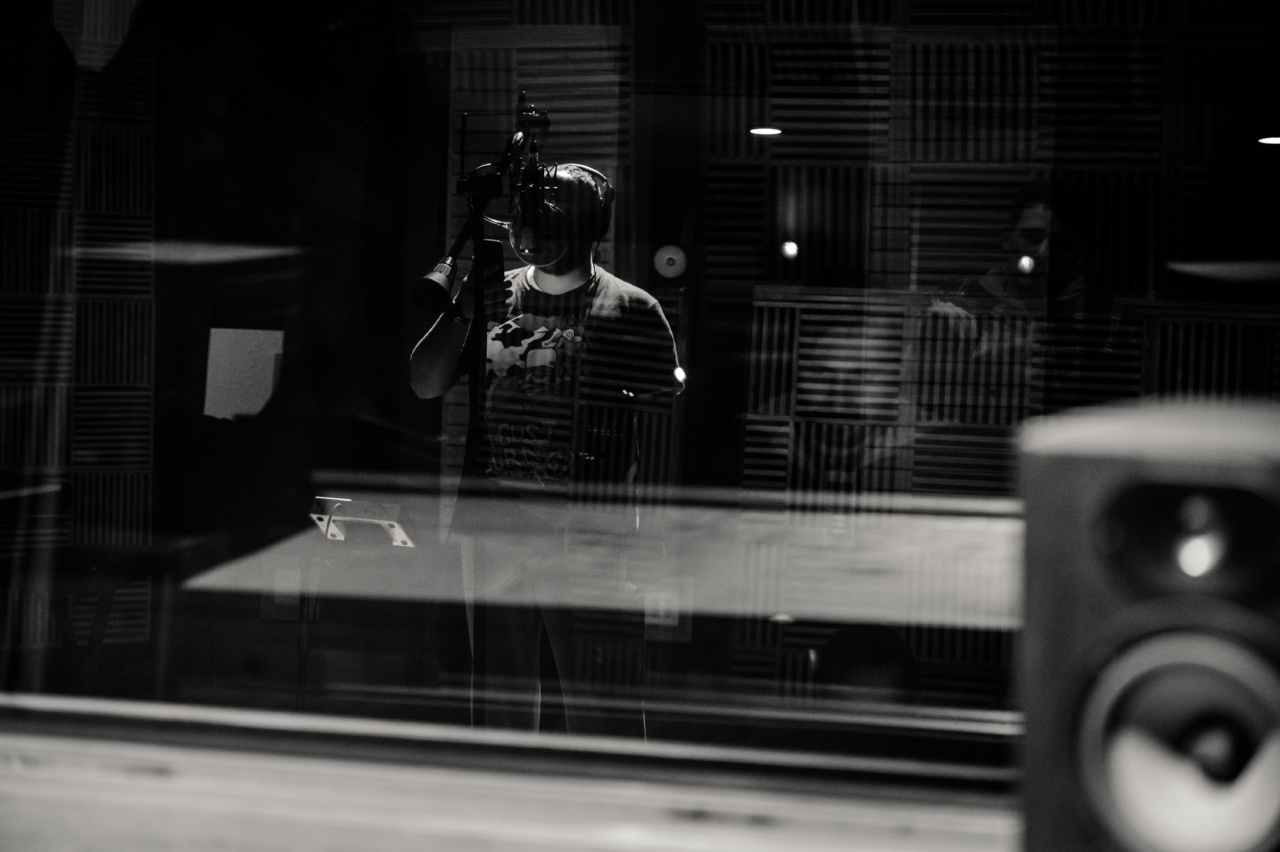Music has been an integral part of human culture for centuries, serving not only as a form of entertainment but also as a means of communication and expression.
In recent years, there has been a growing recognition of the transformative power of music in shaping our perceptions and influencing our emotions. One genre that has proven particularly adept at this is beat music, which encompasses a wide range of styles and sub-genres, from hip-hop to electronic music.
In this article, we will explore how beat music has the ability to transform perceptions and delve into its various effects on individuals and society as a whole.
The Power of Rhythm
At the heart of beat music lies rhythm – the pulsating, repetitive patterns that form the foundation of a composition. Rhythm has the remarkable ability to synchronize our brains and bodies, leading to a host of effects on our perception.
Numerous studies have shown that rhythmic music can enhance our motor skills, improve coordination, and even boost cognitive functions such as memory and attention. This is why beat music is often used in various therapeutic settings, such as physical rehabilitation or treating neurological disorders.
Emotional Resonance
Beat music also resonates deeply with our emotions. The bass-heavy grooves and infectious melodies can evoke a wide range of feelings, from joy and excitement to introspection and contemplation.
This emotional resonance is particularly evident in the realm of hip-hop, where artists often use their lyrical prowess to convey personal experiences, social commentary, and emotional struggles. Through the power of beat music, listeners are able to empathize with these stories, gaining a fresh perspective on subjects they may have previously overlooked or misunderstood.
Cultural Influence
Beat music has proven to be a potent force in shaping the cultural landscape.
From the birth of hip-hop in the Bronx to the underground electronic music scenes in cities around the world, beat-based genres have transcended geographical boundaries and united diverse communities. Through collaborations and cross-pollination of ideas, beat music has fostered cultural exchange and challenged societal norms. Artists use their music as a means of advocacy, addressing social issues such as racism, poverty, and inequality.
By giving voice to the marginalized, beat music has the power to effect positive change.
Breaking Stereotypes
One of the most transformative aspects of beat music is its ability to break stereotypes.
In a world often marred by preconceived notions and prejudices, beat music serves as a platform for individuals to challenge societal norms and express their unique identities. Whether it’s through defying traditional gender roles or merging of musical genres, beat music has the potential to redefine cultural boundaries and foster inclusivity.
By embracing the diversity within its own community, beat music encourages listeners to do the same in their own lives, dismantling stereotypes and promoting acceptance.
Empowering the Individual
Beat music empowers individuals on a personal level as well. Many artists find solace and strength in beat music, using it as a means of self-expression and self-discovery.
The act of creating beats, whether through DJing, producing, or freestyling, allows individuals to tap into their creativity and explore their own unique voice. This process of self-discovery can be liberating and transformative, leading to personal growth and increased self-confidence. Through beat music, individuals can forge their own paths and challenge the limitations imposed by society.
Sparking Social Movements
Throughout history, music has played a pivotal role in sparking social movements, and beat music is no exception.
From the civil rights movement of the 1960s to the protests against police brutality in recent years, beat music has provided a rallying cry for those fighting for justice and equality. By harnessing the power of rhythm and lyrics, beat music has the ability to galvanize communities and mobilize individuals towards a common cause. It acts as an agent of change, elevating marginalized voices and inspiring collective action.
Transporting through Time and Space
Another remarkable aspect of beat music is its ability to transport us through time and space.
Whether it’s through a nostalgic sample or an otherworldly electronic sound, beat music has the power to transcend the present moment and take listeners on a journey. It becomes a form of escapism, allowing individuals to momentarily disconnect from their surroundings and explore new realms of imagination.
Through this transportation, beat music can foster creativity, encourage introspection, and provide a much-needed respite from the demands of everyday life.
The Dark Side
While beat music has undeniable transformative potential, it also has its dark side. The lyrics and imagery used in certain sub-genres of beat music can promote violence, substance abuse, and misogyny.
It is crucial to acknowledge and address these negative aspects, ensuring that beat music remains a force for positive transformation rather than a perpetuator of harm. By encouraging artists and listeners to critically examine the messages conveyed through beat music, we can work towards a more inclusive and responsible music culture.
Conclusion
Beat music has the power to transform perceptions by tapping into our emotions, challenging norms, and fostering inclusivity. Its rhythmic nature synchronizes our brains and bodies, leading to enhanced motor skills and cognitive functions.
Beat music resonates deeply with our emotions, allowing us to empathize with diverse experiences and gain new perspectives. Through cultural influence and collaborations, beat music has the ability to effect positive change and break stereotypes. It empowers individuals to express themselves and encourages collective action through social movements.
Beat music transports us through time and space, serving as a form of escapism and fostering creativity. However, it is crucial to address the negative aspects of beat music to ensure a responsible and inclusive music culture. Overall, beat music has the potential to transform our perceptions and shape a more empathetic and progressive society.






























